To get the answers, BuzzFeed talked to Mary Jane Minkin, MD, who is a Clinical Professor of Obstetrics, Gynecology and Reproductive Sciences at Yale University School of Medicine, and founder of MadameOvary.com.
1. Women are most fertile between the ages of 18 to 30.
2. Sperm can live in your uterus for a day or longer.
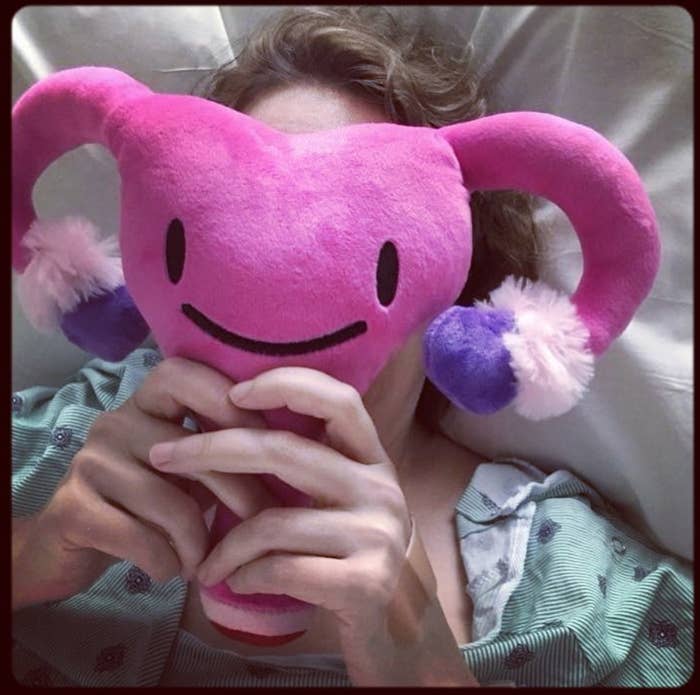
3. The average probability of a woman becoming pregnant while she's ovulating is 15 to 20 percent.
4. Women are typically born with about half a million eggs.

5. If you pee after sex you may pee out a few million sperm, but there will still be millions more inside you.

6. You can still get pregnant if you have irregular periods.

7. Women can be allergic to certain men's sperm.
8. Putting your legs in the air after sex probably won't increase your chances of getting pregnant.

9. Endometriosis is very common in women.
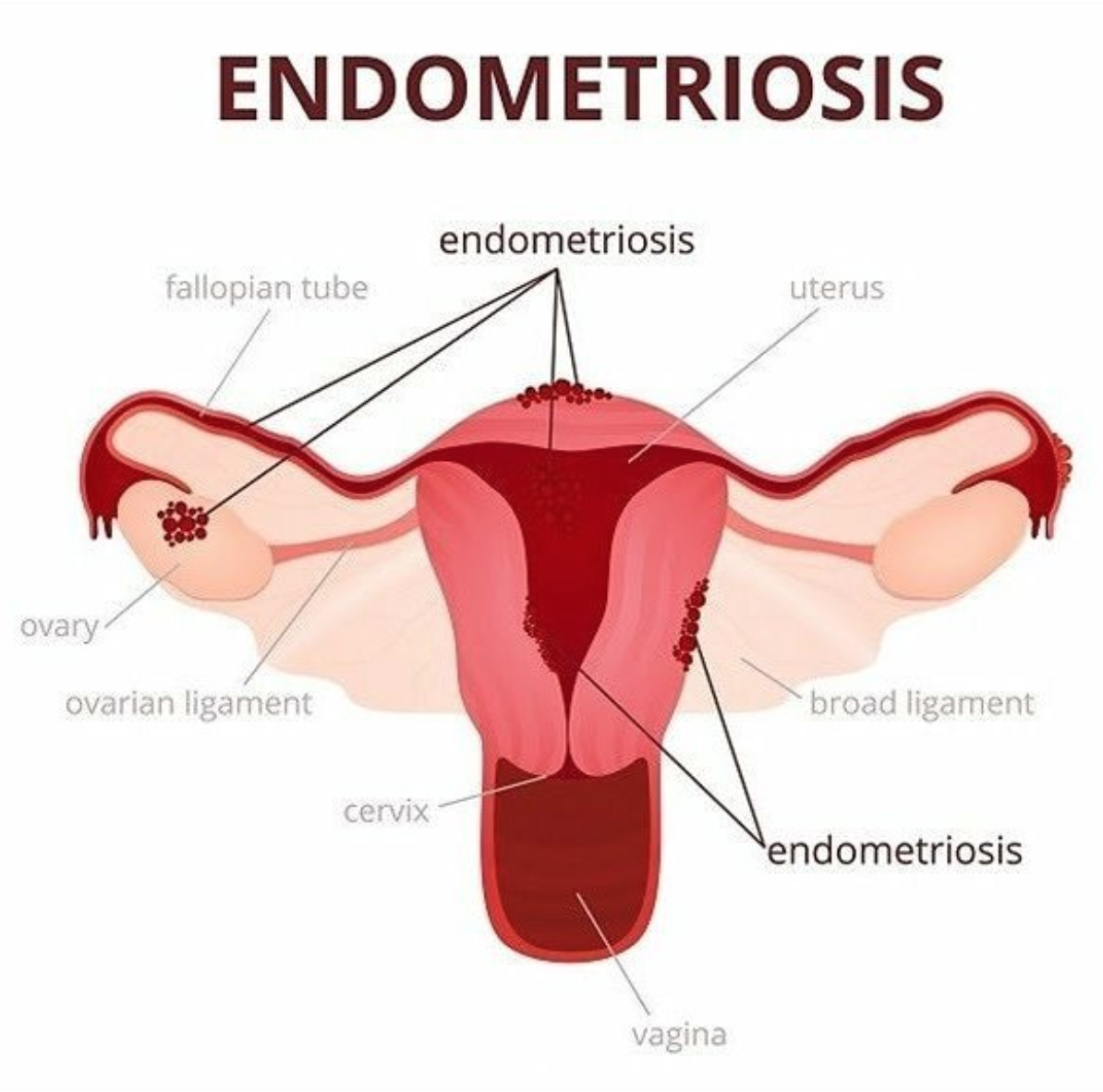
10. You can get pregnant immediately after you stop taking the pill.
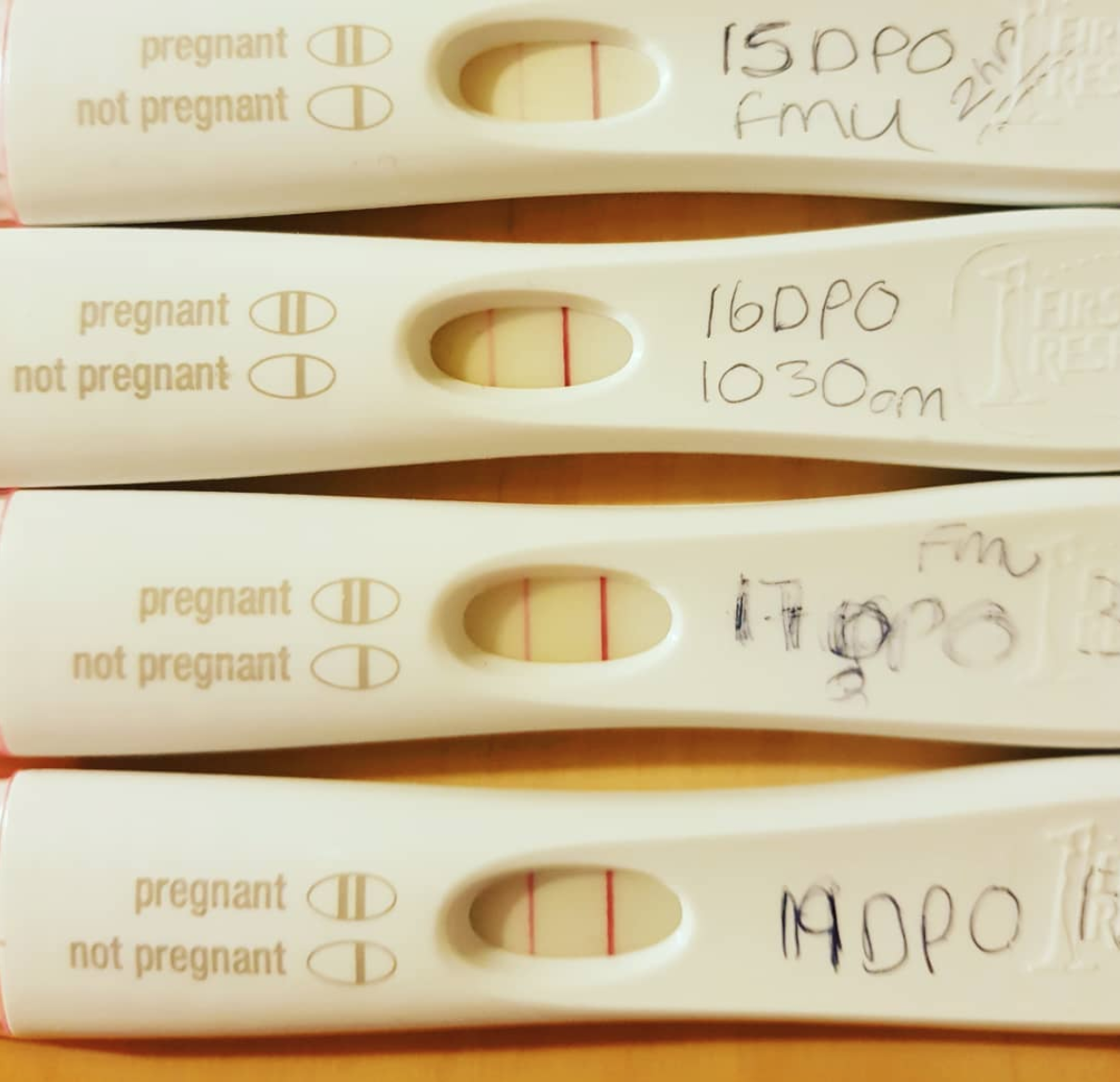
11. Fertilization does not happen in the uterus. It happens when the sperm swims up the fallopian tube and meets the egg.
12. Lubricants can impact sperm mobility.

13. A women's ovulation cycle is typically anywhere from 22 to 35 days.

14. You can track your ovulation cycle.

15. Stress can interfere with ovulation.
16. Some medications – not all – can alter the effectiveness of your birth control.

17. If you have problems conceiving your first child, that does not mean you will struggle to conceive your next child (and vice versa).

18. Folic acid is extremely important if you get pregnant.
19. If you have twins naturally, there may be a slight influence from the maternal side.
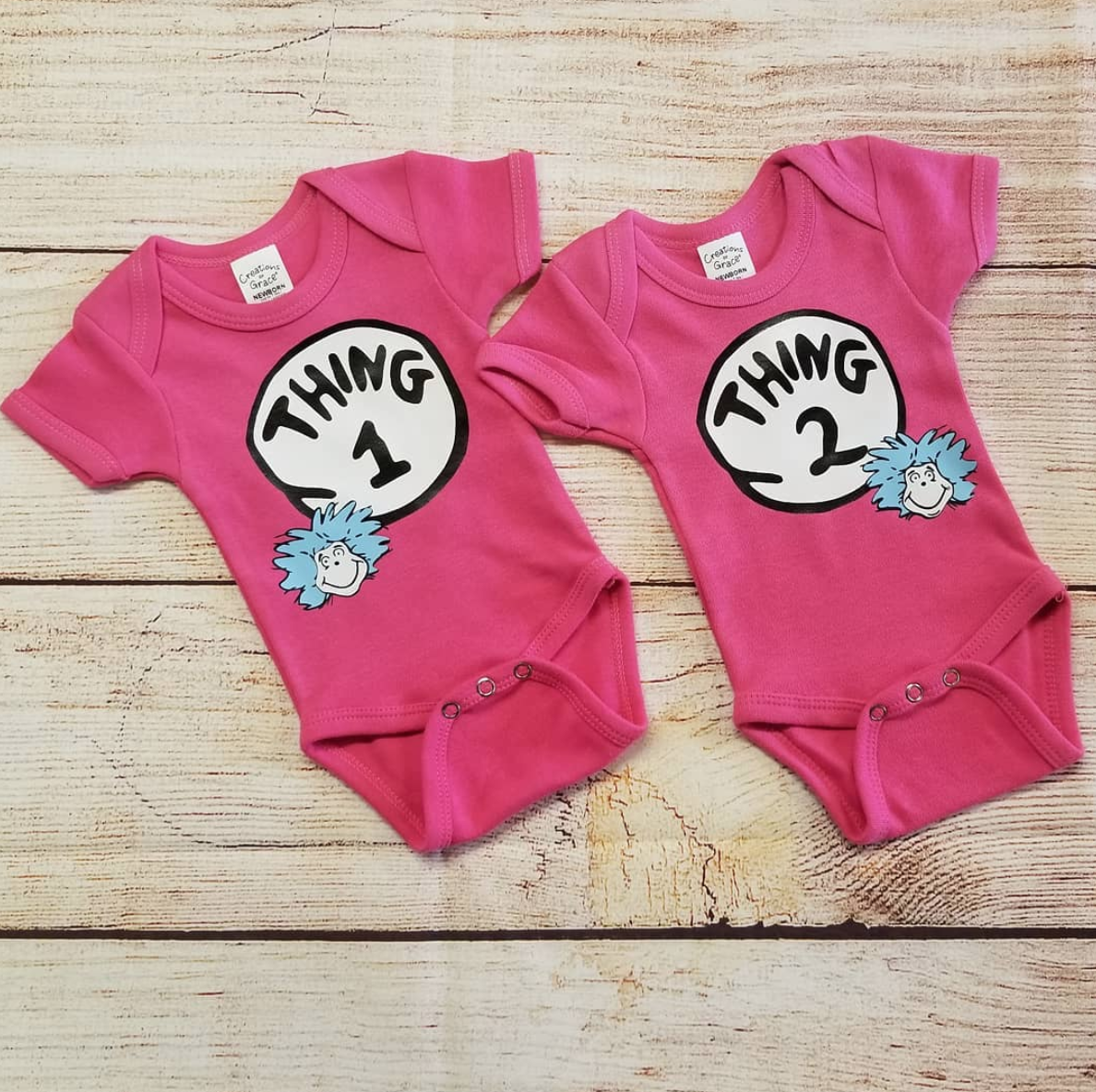
20. Clomid is a pill designed to help women ovulate better.

21. During In Vitro Fertilization, eggs are taken trans-vaginally and fertilized by the sperm in a laboratory dish. Once the egg is fertilized, it is placed in the uterus.
22. There is such a thing as "unexplained infertility."
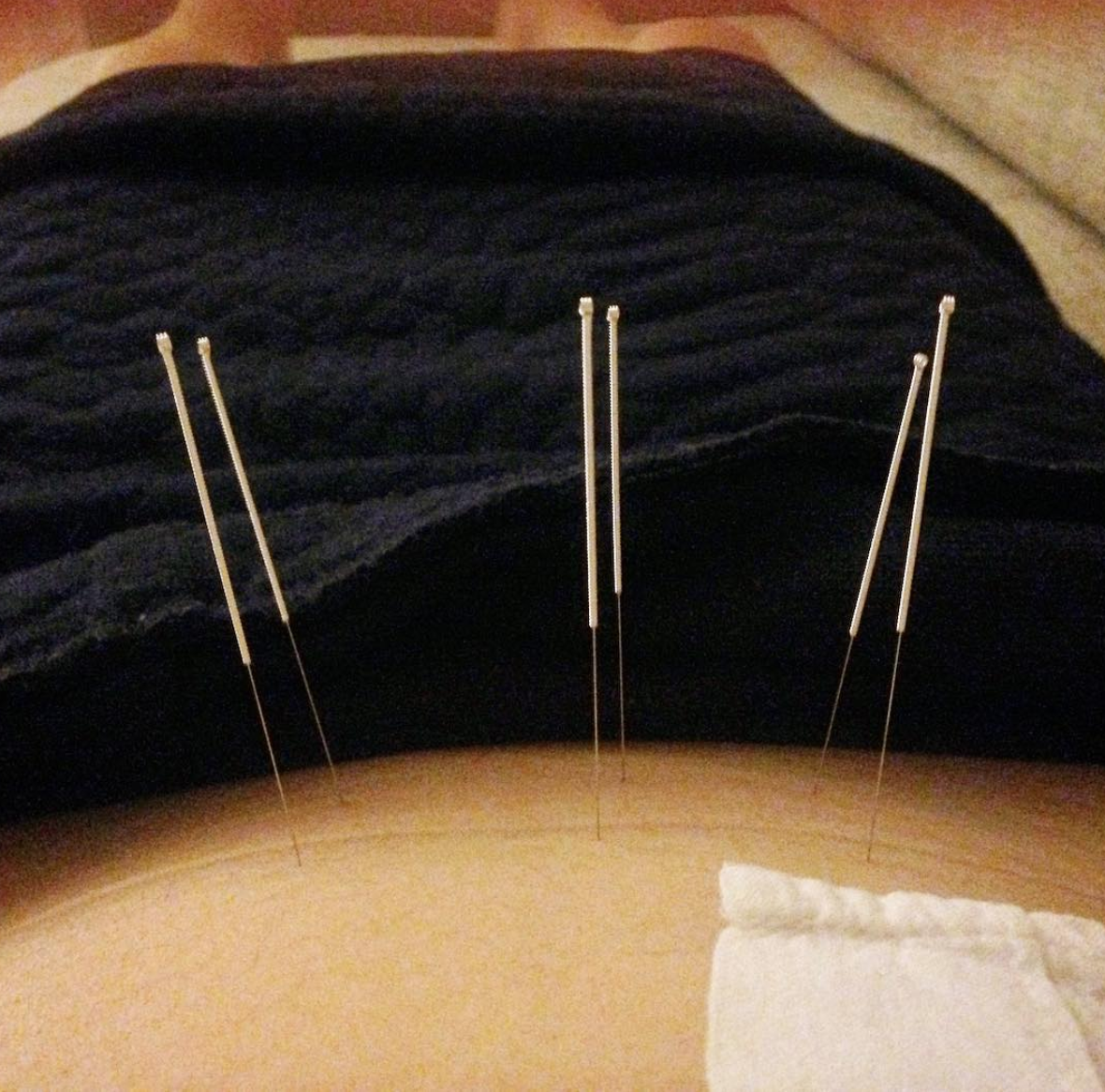
23. Women usually start menopause in their fifties.
And, ladies, this has nothing to do with OUR bodies, but I was curious about male birth control. Unfortunately, there's nothing yet...
"I have to say – honest to God’s truth – we’re nowhere on it. There are no fabulous advances out there, nothing is even close. And just logistically, with female birth control, you’re suppressing an egg from coming out. If I were doing male birth control, I would have to suppress millions and millions of sperm. Logistically it’s a very tricky thing and no one is even close to male contraception, but that doesn’t mean they’re not working on it," said Minkin.
